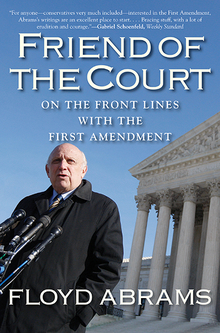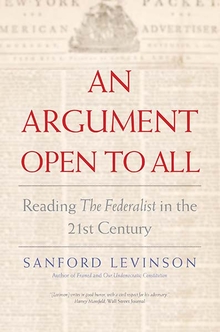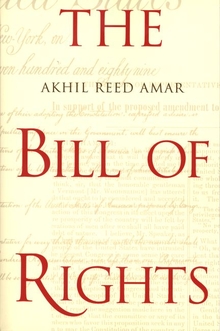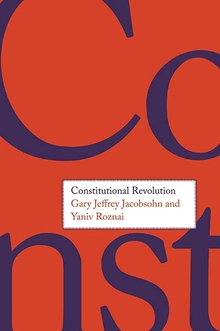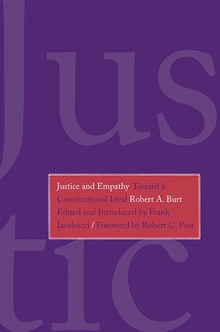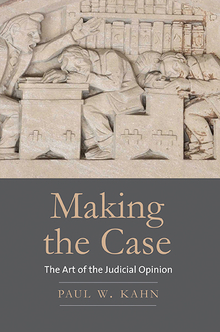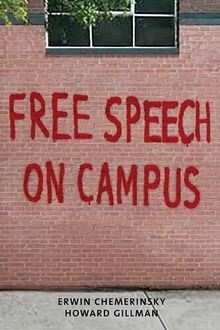Worse Than Nothing
WARNING
You are viewing an older version of the Yalebooks website. Please visit out new website with more updated information and a better user experience: https://www.yalebooks.com
The Dangerous Fallacy of Originalism
Erwin Chemerinsky
Why originalism is a flawed, incoherent, and dangerously ideological method of constitutional interpretation
Originalism, the view that the meaning of a constitutional provision is fixed when it is adopted, was once the fringe theory of a few extremely conservative legal scholars but is now a well-accepted mode of constitutional interpretation. Three of the Supreme Court’s nine justices explicitly embrace the originalist approach, as do increasing numbers of judges in the lower courts.
Noted legal scholar Erwin Chemerinsky gives a comprehensive analysis of the problems that make originalism unworkable as a method of constitutional interpretation. He argues that the framers themselves never intended constitutional interpretation to be inflexible and shows how it is often impossible to know what the “original intent” of any particular provision was. Perhaps worst of all, though its supporters tout it as a politically neutral and objective method, originalist interpretation tends to disappear when its results fail to conform to modern conservative ideology.
Erwin Chemerinsky is Jesse H. Choper Distinguished Professor of Law and Dean of the Berkeley Law School, University of California at Berkeley. He is the author of fifteen books, including Free Speech on Campus and Closing the Courthouse Door: How Your Constitutional Rights Became Unenforceable.
Publication Date: September 6, 2022


